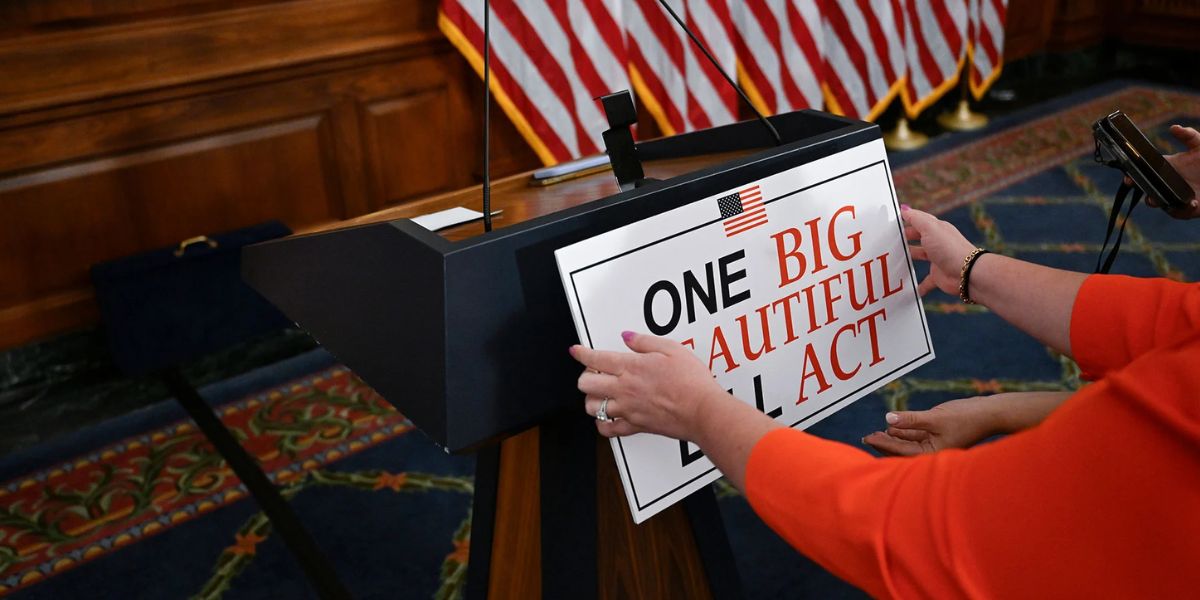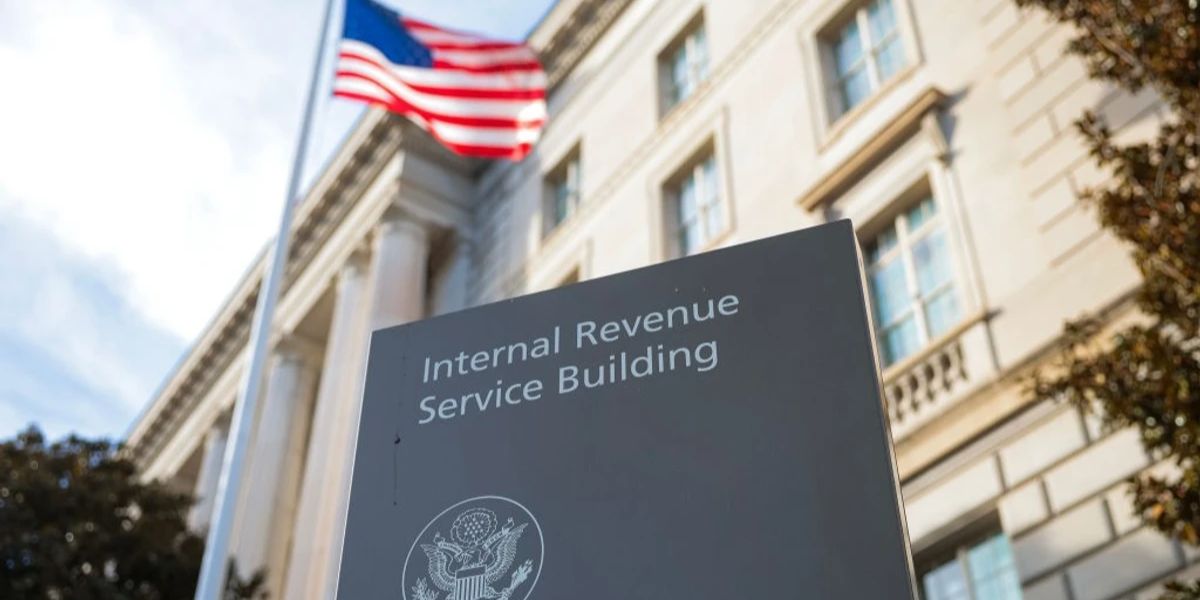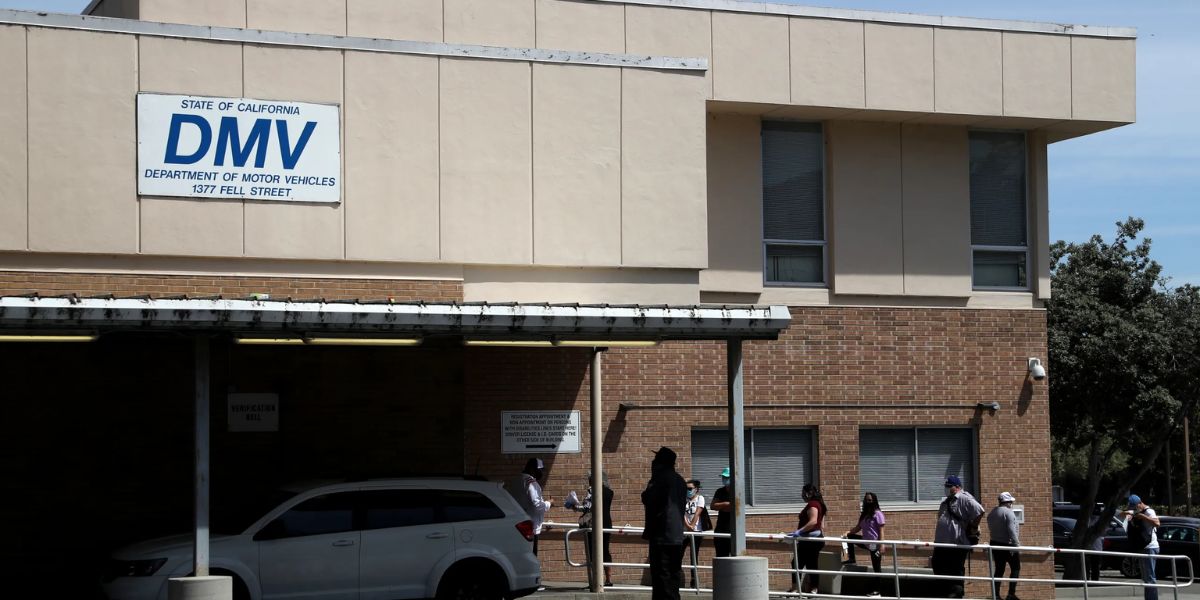Washington, D.C. — A major new tax reform bill passed by the U.S. Senate in July 2025 is poised to bring big relief to seniors collecting Social Security benefits.
Officially called the “One Big Beautiful Bill,” the legislation includes a “senior bonus” tax cut that could mean zero federal taxes for the majority of retirees — at least until 2028.
The bill, heavily backed by former President Donald Trump, doesn’t eliminate taxes on Social Security, but it does offer significant deductions that will reduce or wipe out tax bills for millions of older Americans.
What’s in the Bill?
Depending on which version of the bill becomes law, here’s what seniors can expect:
- Senate Plan: $6,000 tax cut per person (or $12,000 for married couples)
- House Plan: $4,000 per person ($8,000 per couple)
Eligibility:
- Full benefit: Individuals making up to $75,000, or couples making up to $150,000
- Phase-out ends: At $175,000 (single) or $250,000 (married)
The cut would apply from tax year 2025 through 2028.
How Does It Work?
Right now, many retirees pay taxes on up to 85% of their Social Security income. This bill changes that by adding new deductions on top of existing ones.
Examples:
- A single senior with $24,000 in Social Security could have $20,400 considered taxable. But the new $23,750 in deductions wipes out the tax.
- A married couple with $48,000 in Social Security could see $40,800 taxed — but with $47,200 in deductions, their tax bill drops to zero.
According to the White House Council of Economic Advisers, about 88% of seniors would pay no federal tax on Social Security under the new system — up from 64% today.
Who Doesn’t Qualify?
- Seniors under 65
- Disabled workers and survivor beneficiaries
- Seniors with high incomes (above $175K or $250K)
These groups will not benefit from the new cuts and will continue paying taxes on their benefits.
Read Also: Elon Musk Criticizes Trump’s ‘Big, Beautiful Bill,’ Says It Will Cost Millions of Jobs
What’s the Cost?
The plan could cost the government between $66 billion and $91 billion over four years. Some watchdogs warn that this could accelerate the depletion of the Social Security trust fund, possibly pushing the estimated insolvency from 2033 to 2032.
The final version of the bill depends on House and Senate negotiations. If passed, the new deductions would kick in starting with the 2025 tax year.
What Should Seniors Do Now?
- Check your income bracket
- Speak with a tax expert
- Keep up with news as the law nears final approval
Do you think this new tax break is a smart move—or a risky one for Social Security’s future? Drop your thoughts in the comments — we want to hear from you!
Stay informed on changes that affect your money at ridgecrestpact.org.














